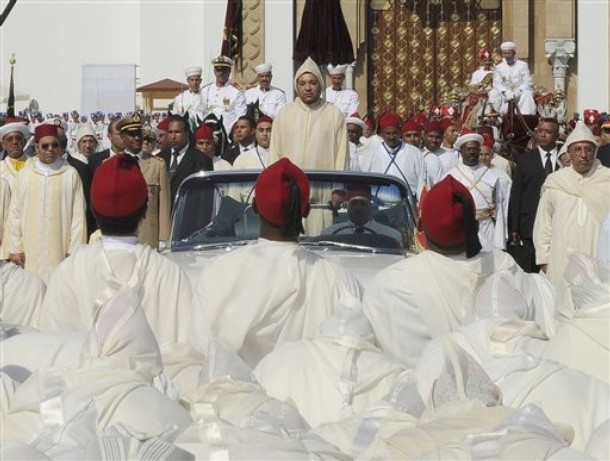
One of the most impressive online U.S. public diplomacy venues is Magharebia, a website and news service for North Africans that is published by the United States African Command (AFRICOM).
Offered in Arabic, English, and French, Magharebia illustrates how providing useful information and advancing national self-interest can be successfully combined in a public diplomacy venture. The website (www.magharebia.com) presents diverse news items from the region, everything from weather reports to arts news to sports coverage to harder-edged political stories. The site is supplemented by a daily news monitor. Magharebia’s content does not appear blatantly self-serving, and the site’s continuing anti-terrorism message is forceful but not shrill.
A recent day’s postings on the website included these headlines: “Islamic group theorist: al-Qaeda ideology in a state of decline”; “Al-Qaeda losing supporters in jihadi groups across Arab world”; and in the weekly “Zawaya” discussion forum, this question was posed: “Al-Qaeda’s execution of an elderly French hostage has shaken much of Europe and the Maghreb alike. What repercussions will the murder…have on the security of Maghreb countries and their economies?” This is useful counterprogramming to offset the poisonous nonsense produced by extremist websites that treat al-Qaeda as heroic, regardless of evidence to the contrary.
Magharebia’s principal audience is found in Algeria, Libya, Mauritania, Morocco, and Tunisia, countries that usually remain unnoticed by U.S. news organizations and their audiences, and that do not receive as much attention from policy makers as do the Arab states farther east. But in long-term efforts against violent extremism, these countries are crucial, and a consistent, non-threatening presence such as Magharebia is invaluable.
AFRICOM itself has been controversial since its creation in 2007. Many Africans view it as a neo-colonialist attempt to establish a Western military foothold in the continent, and U.S. policy makers have done a poor job of explaining the purposes of the new command. Magharebia, however, shows that at least some people in AFRICOM know what they are doing.
Worth noting is that this is a Defense Department, not a State Department, project. Debate continues about the respective roles of these departments in doing public diplomacy, and turf battles will continue until the White House or Congress definitively makes clear who is in charge. In the meantime, the State Department’s public diplomacy officials should take note of the Defense Department’s Magharebia as an example of best practices in this field.
Philip Seib is a contributor to the Atlantic Council, Director of the USC Center on Public Diplomacy, Professor of Journalism and Public Diplomacy, and Professor of International Relations at USC. This article was first released by the USC Center on Public Diplomacy. Photo credit: AP Photo.
Image: Morroco%20King%20Mohammed%20VI.jpg
